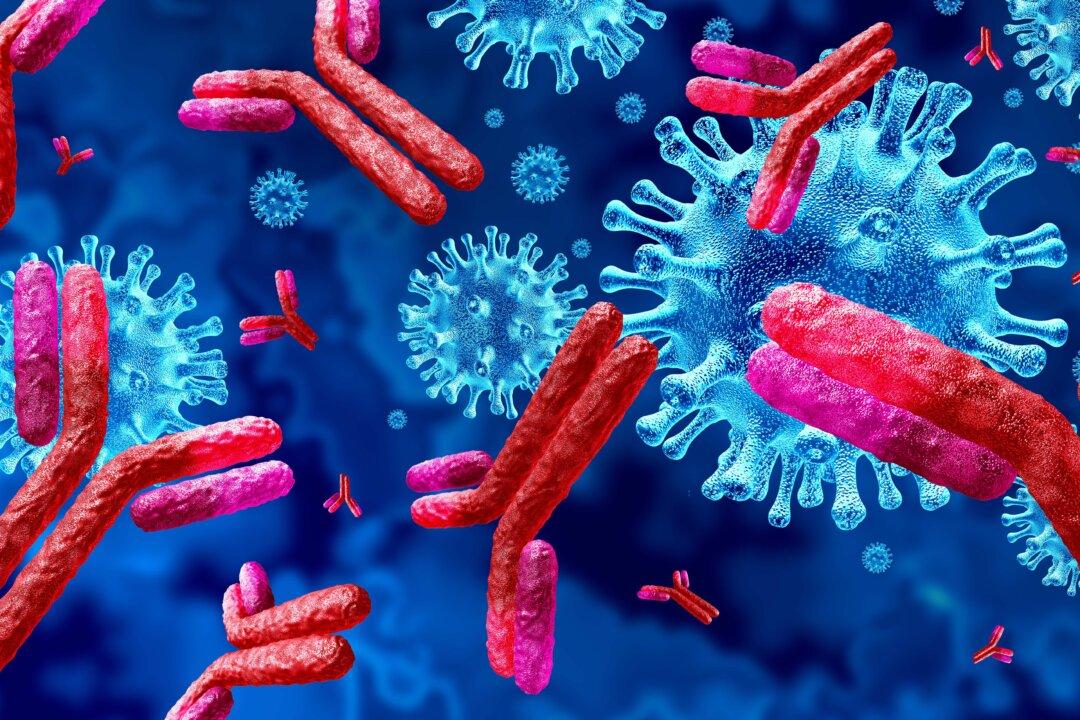Are the antibodies we produce to fight COVID-19 infection causing severe disease?
A new paper—so new in fact that it hasn’t yet been peer-reviewed—from scientists in Hangzhou, China, appears to indicate just that.

Are the antibodies we produce to fight COVID-19 infection causing severe disease?
